When Animals Were People: A Huichol Indian Tale/Cuando los animales eran personas: Un cuento huichol
By Judi Moreillon, Texas Woman’s University
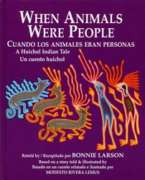 In When Animals Were People: A Huichol Indian Tale/Cuando los animales eran personas: Un cuento huichol Bonnie Larson retells a story told to her by the book’s illustrator Modesto Rivera Lemus. The biographical information at the back of this English/Spanish bilingual book rightly identifies Mr. Lemus as the “narrator” of this story. This collaboration between the narrator, reteller, and illustrator results in a story and book richly textured with Huichol culture.
In When Animals Were People: A Huichol Indian Tale/Cuando los animales eran personas: Un cuento huichol Bonnie Larson retells a story told to her by the book’s illustrator Modesto Rivera Lemus. The biographical information at the back of this English/Spanish bilingual book rightly identifies Mr. Lemus as the “narrator” of this story. This collaboration between the narrator, reteller, and illustrator results in a story and book richly textured with Huichol culture.
The book opens with a prologue that explains the time in Huichol history, when after a great flood had destroyed most of the animals and plants on earth, Continue reading


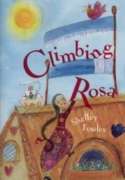 As Rachel Young, former Art of Storytelling student learned, Hungarian folktales often begin with these lines: “Once there was, or once there wasn’t…” This introduction could easily be applied to a retelling of Climbing Rosa. Retold by Shelley Fowles, this story is about a girl who is an expert at climbing because she is forced by her stepmother and stepsister to sleep on the roof of their house. This skill gives her an advantage when the king has had enough of his son’s reading, reading, reading and holds a contest in which the prize is none other than the prince himself.
As Rachel Young, former Art of Storytelling student learned, Hungarian folktales often begin with these lines: “Once there was, or once there wasn’t…” This introduction could easily be applied to a retelling of Climbing Rosa. Retold by Shelley Fowles, this story is about a girl who is an expert at climbing because she is forced by her stepmother and stepsister to sleep on the roof of their house. This skill gives her an advantage when the king has had enough of his son’s reading, reading, reading and holds a contest in which the prize is none other than the prince himself. 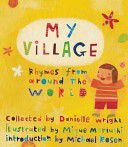 In addition to informational books and Web sites, school and public librarians and classroom teachers who are looking to provide children with global perspectives often turn to traditional literature. The fairy and folktales, myths, and fables of a people provide “insights into the underlying values and beliefs of particular cultural groups” (Short, Lynch-Brown, and Tomlinson 108). These stories that have their origin in the oral tradition carry cultural markers that offer readers and story listeners opportunities to learn about and compare other worldviews to their own.
In addition to informational books and Web sites, school and public librarians and classroom teachers who are looking to provide children with global perspectives often turn to traditional literature. The fairy and folktales, myths, and fables of a people provide “insights into the underlying values and beliefs of particular cultural groups” (Short, Lynch-Brown, and Tomlinson 108). These stories that have their origin in the oral tradition carry cultural markers that offer readers and story listeners opportunities to learn about and compare other worldviews to their own. 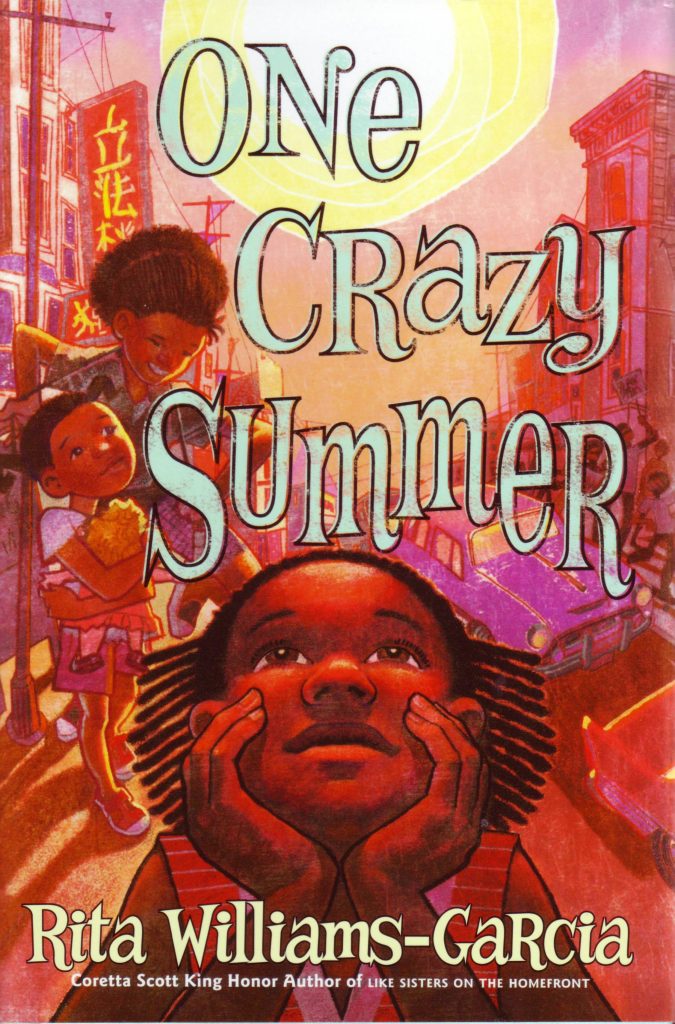
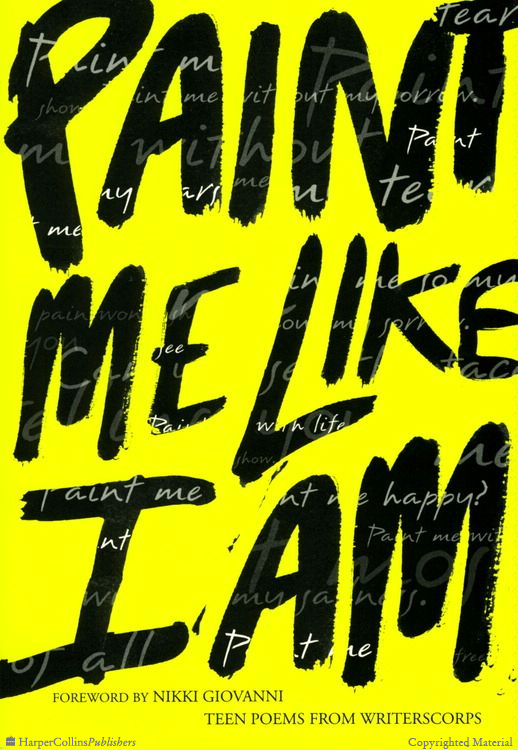
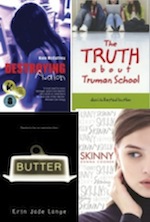
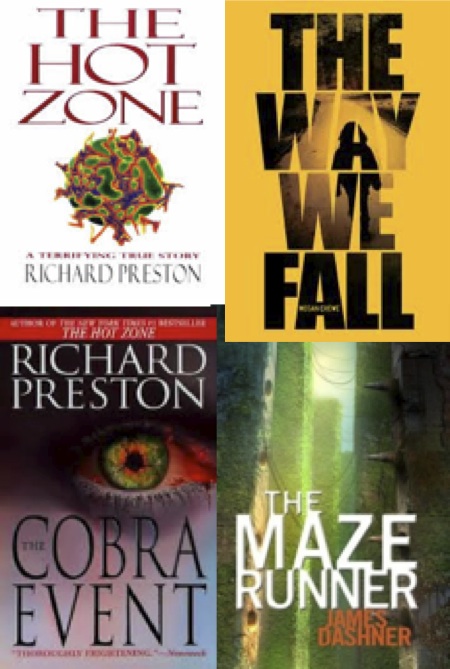
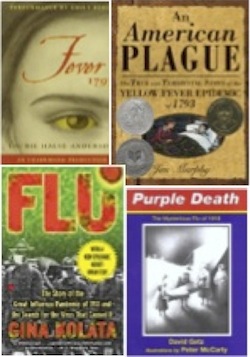

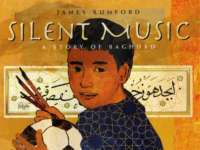 In Jeanette Winter’s
In Jeanette Winter’s